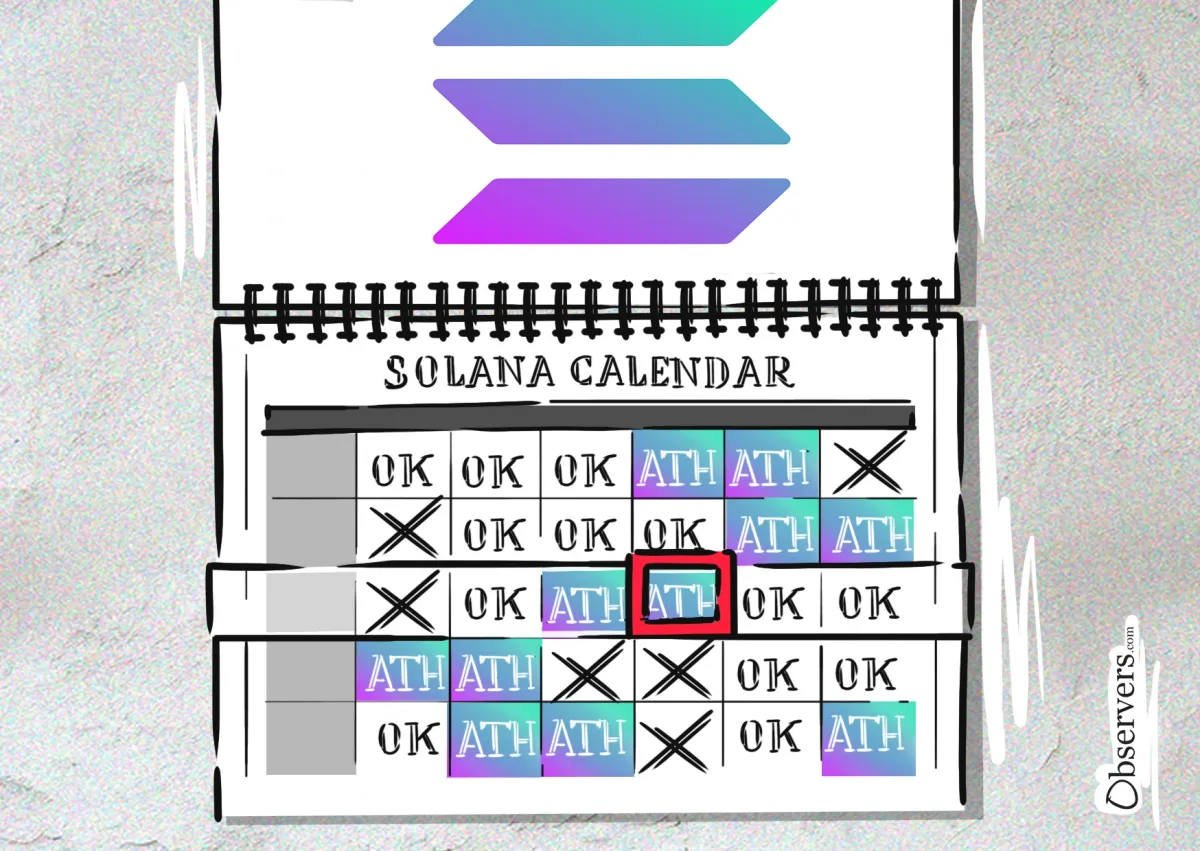
Solana's latest failure was yet more proof of its success, apparently. But time is running out for those kinds of excuses.
In less than two weeks, Solana developers worked out an upgrade to the validator's clients' software, solving the issues causing delays and failures in the network non-voting transactions.
The software version 1.17.31, adopted on Monday, April 15, is a temporary and partial fix of the congestion bugs arising from Solana's success as the epicenter of the meme-coin mania. It will soon be replaced by v.1.18.11, which is already being deployed in a testnet by devshop Anza.
In a tweet reposted by some of the most prominent Solana personalities, the co-founder of rumi.ai Vinny Lingham said, "The real difference between Solana and most other L1 chains is that the devs primarily focus on resolving scaling bottlenecks due to actual market demand, not idealistic prognostication on what could happen if demand for that other chain occurred."
So, just like with other problems Solana has faced, the transaction crisis was solved quickly and efficiently. Yet, it could have been avoided.
Solana developers were aware of an issue in the implementation of the settlement protocol in one of the validators. However, they failed to predict that activity in the network would explode as it did so; they prioritized building Firedancer instead.
Throughout the years, Solana has had several drawbacks, including frequent outages and network congestion bugs. Whenever one of these problems arises, Solana Labs, the team responsible for the technical development of the network, reminds the public that this is normal for a project that is still a trial version - Solana mainnet has been in Beta mode since launching in 2020.
Developing a product while it is being used by millions of customers has created a dynamic ecosystem sustained by devoted developers and backed by a loyal and not-so-picky community. But at the same time, the constant oscillation robs users of security, puts projects in perilous situations, and earns Solana a lot of criticism.
Firedancer will be the first independent validator client of the L1 blockchain, and its deployment has been heralded as the solution to all of Solana's technical shortcomings. The blockchain CEO Anatoly Yakovenko said, "Beta ends when Firedancer is stable, and it's running as a safety check on mainnet."
A "failure of success" or "failure of planning" is the terminology Austin Federa of Solana Labs used to summarize the recent turmoil. He explained that "the implementation of a software system is today not robust enough to handle the amount of traffic being thrown at it."
Due to its low fees, the platform attracted massive users and bots to its shores. And thanks to the vivacity of its ecosystem in having products people need and want, most of them stay even if the network fails them.
However, with Firedancer on testnet since last November, Solana 2.0 is coming near. After that, failures, even if they originate due to the blockchain's perks, won't have room to be excused.

